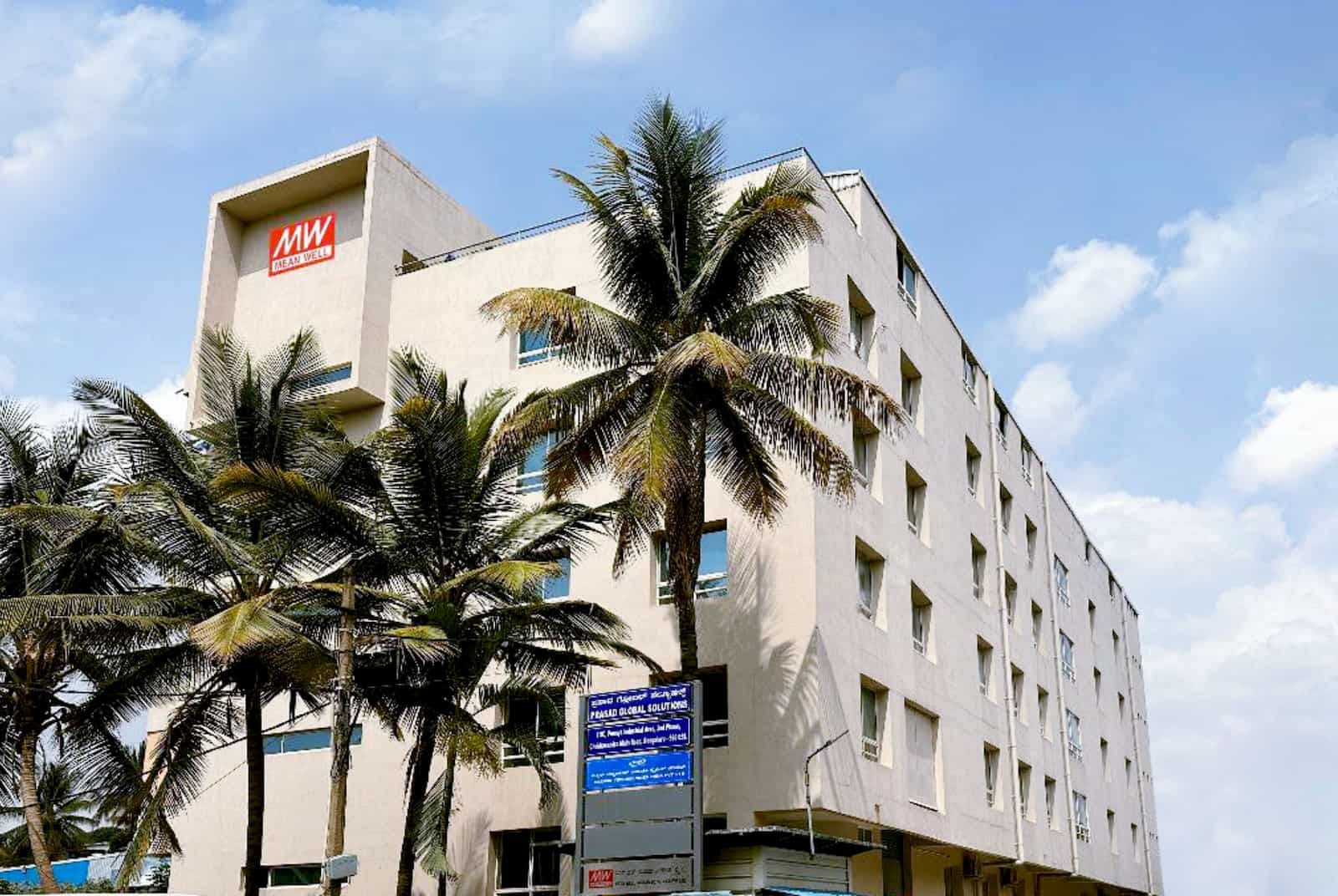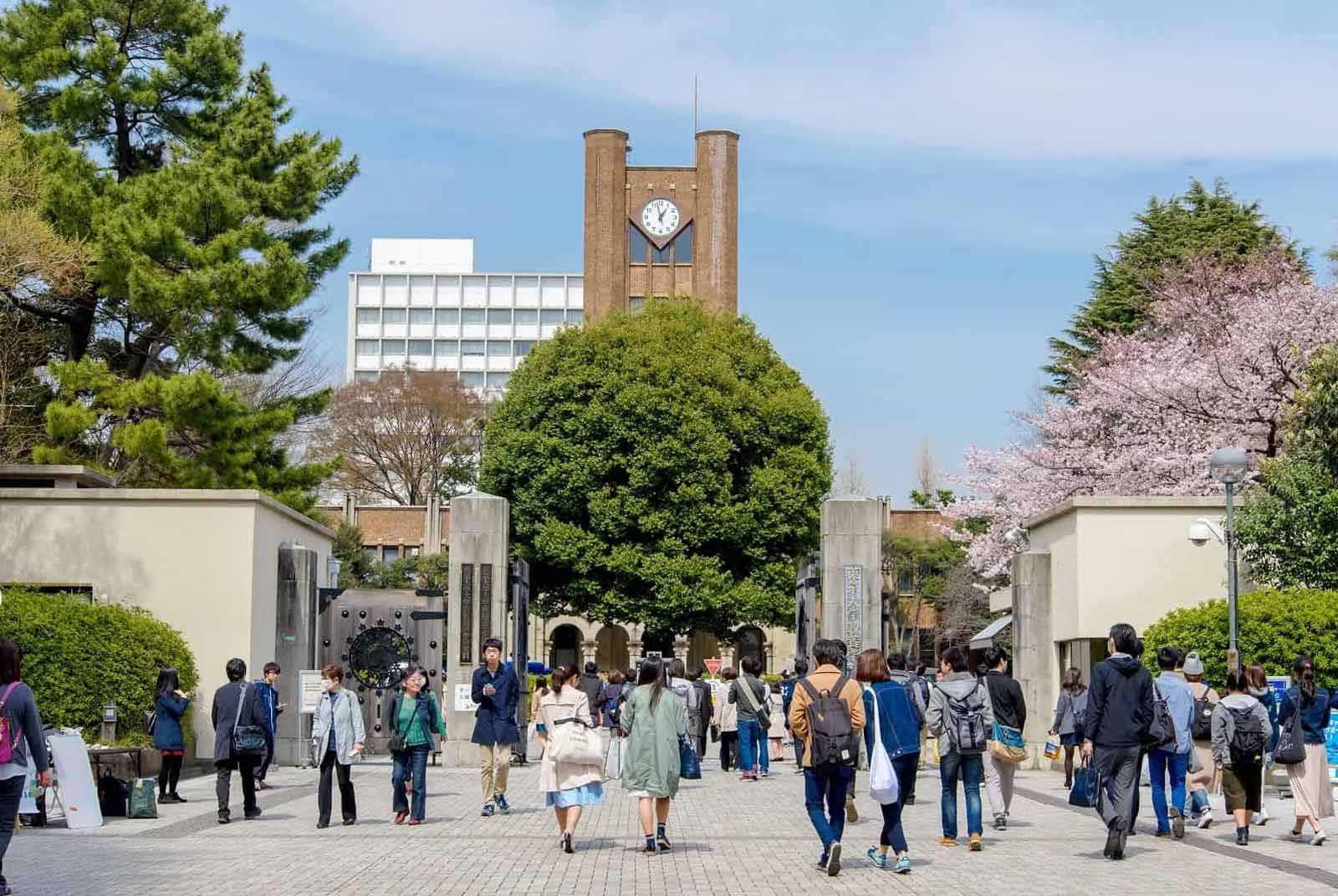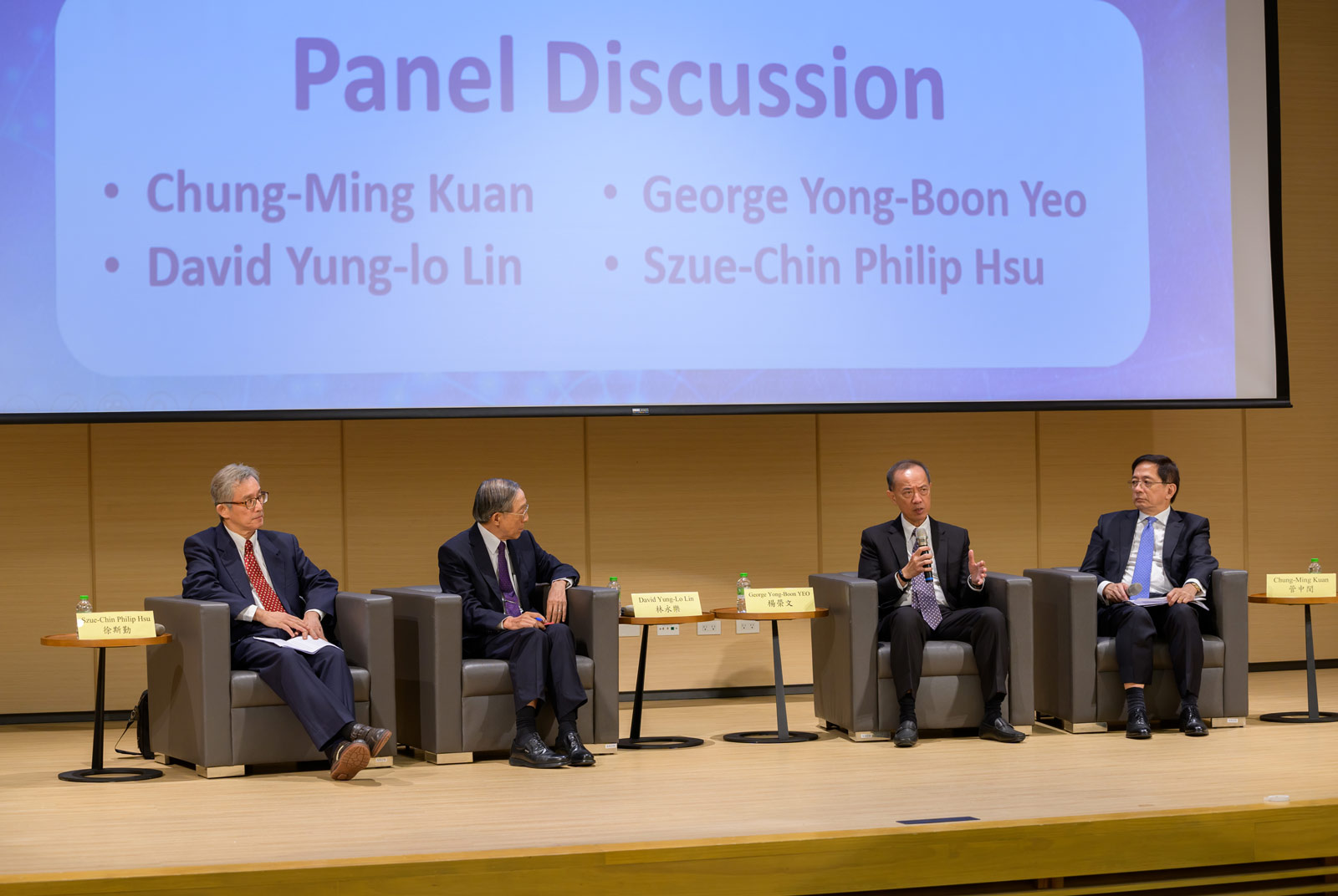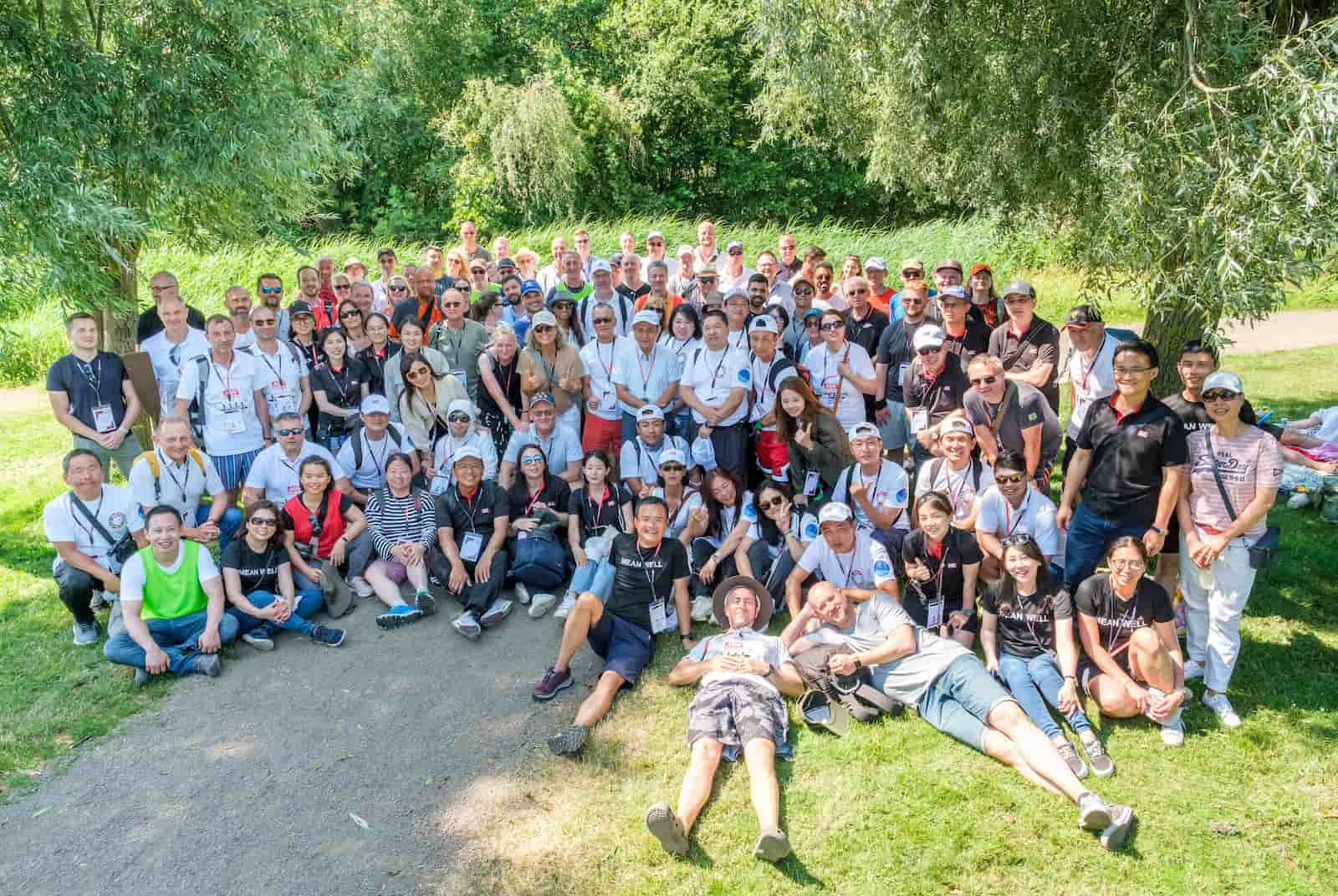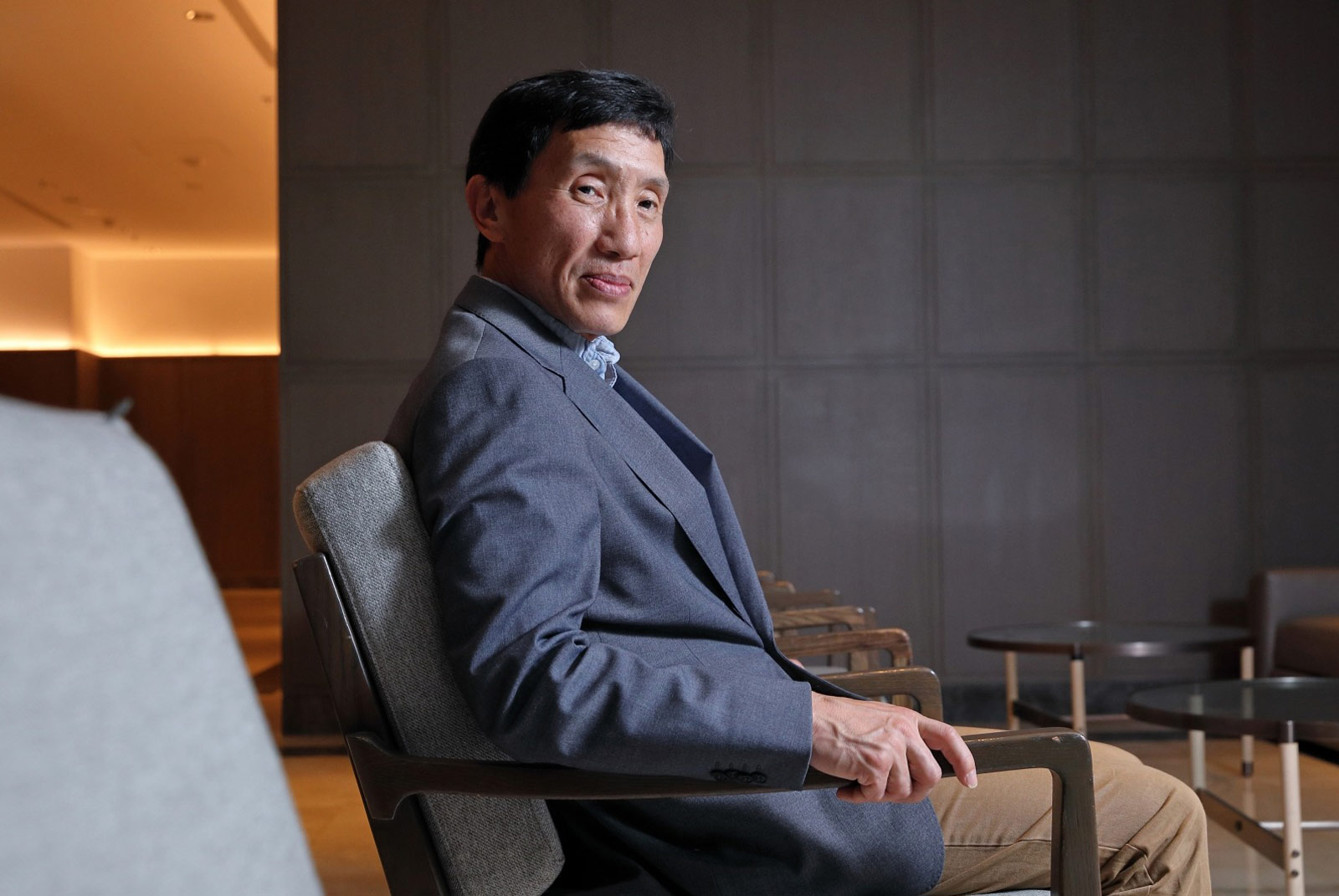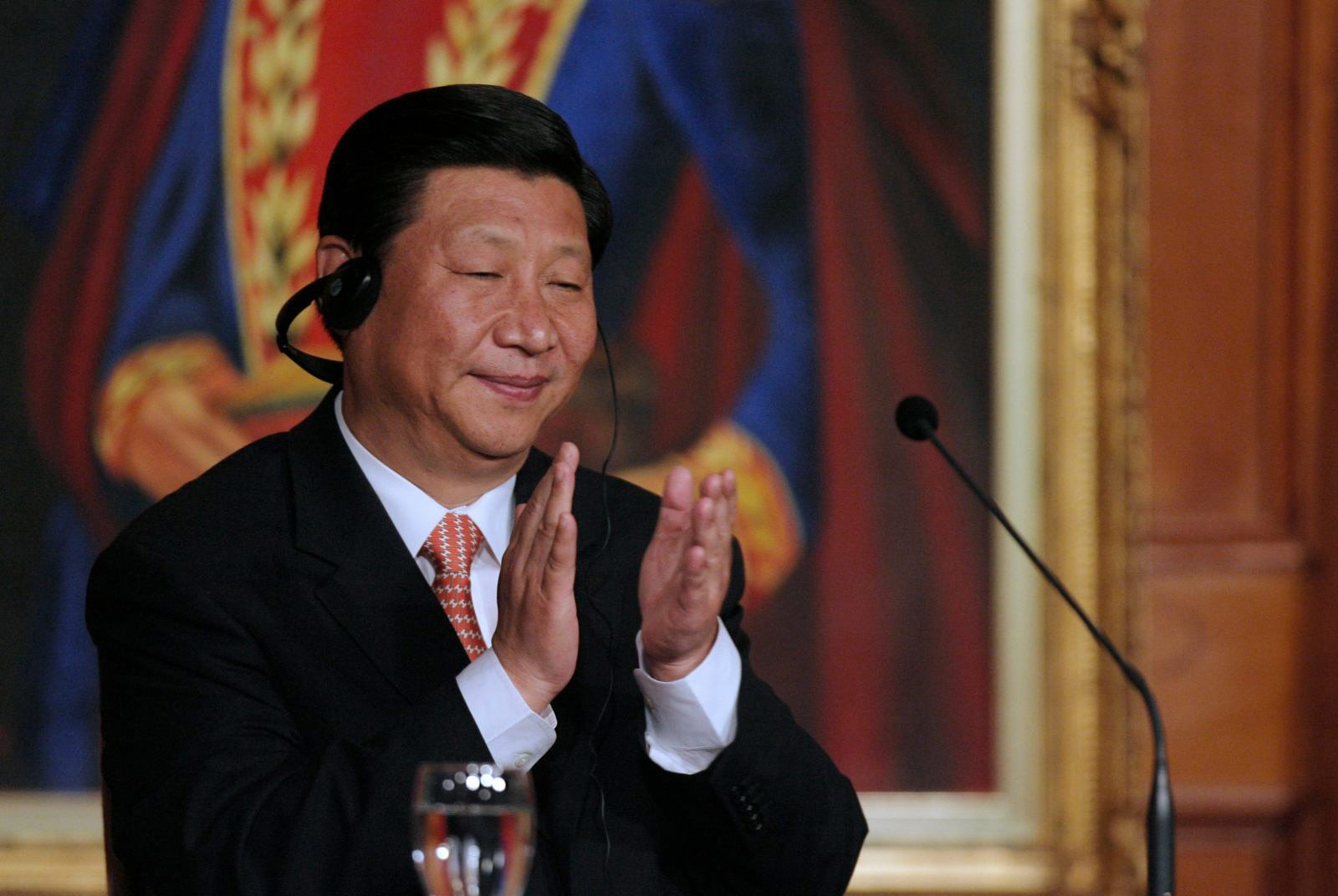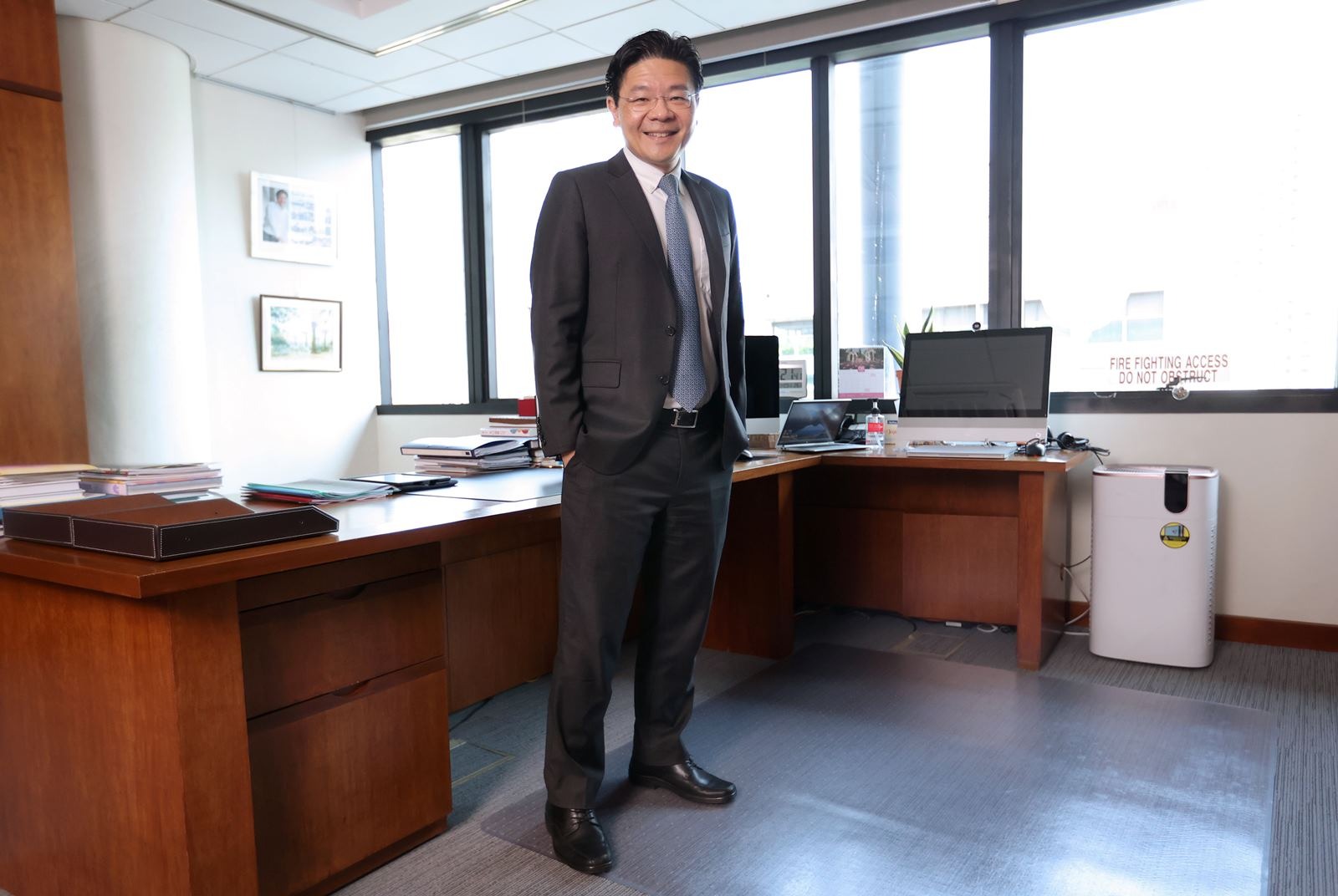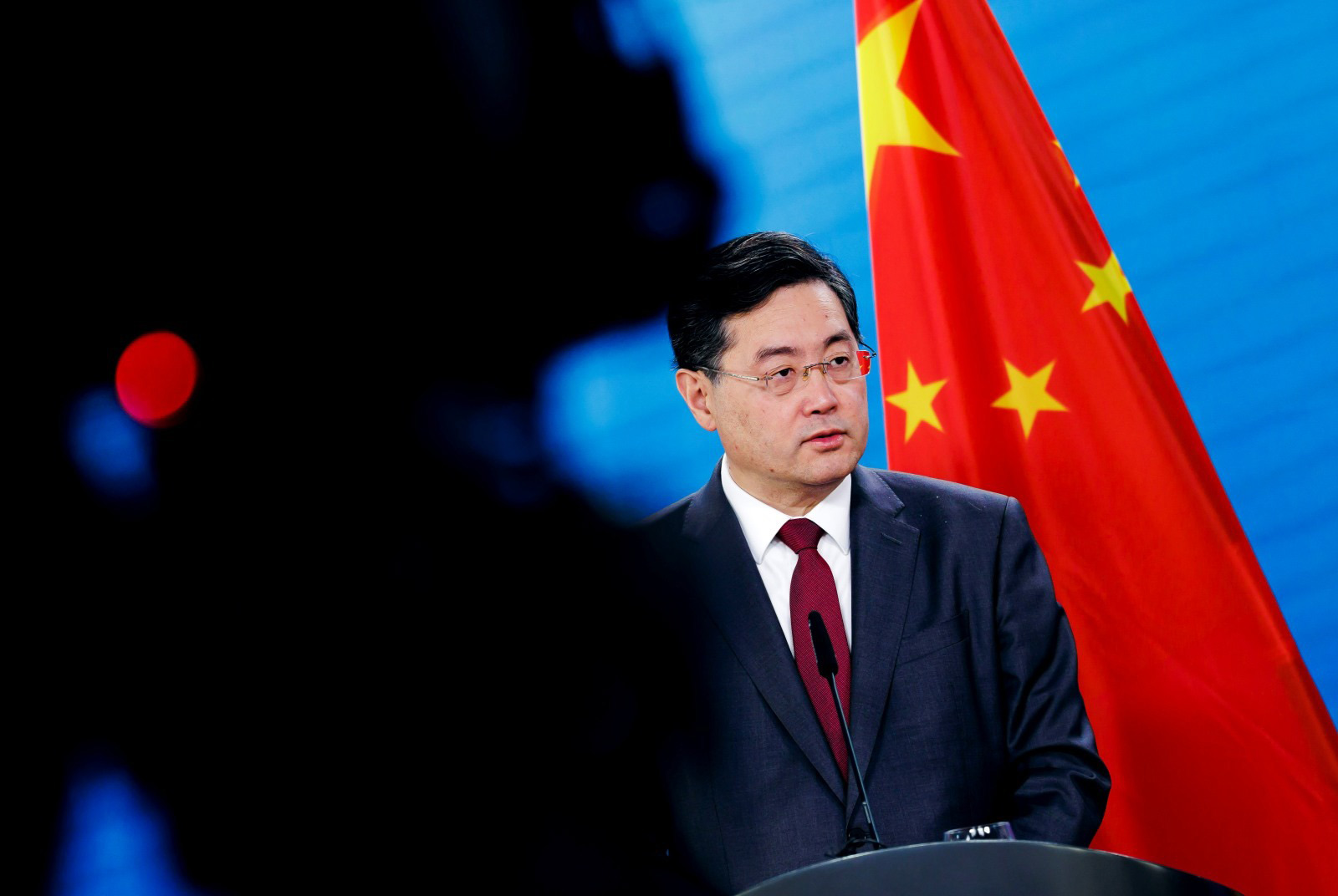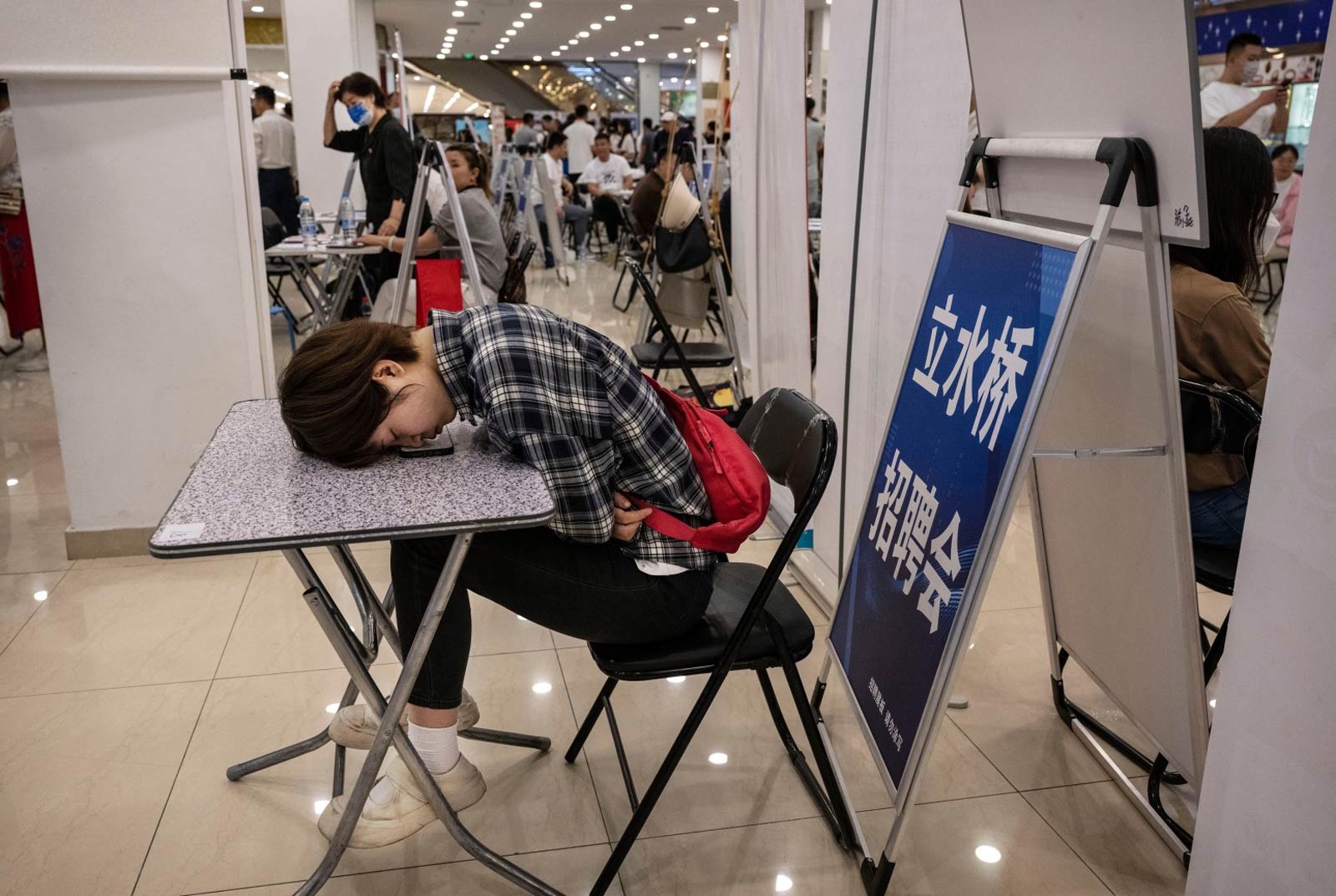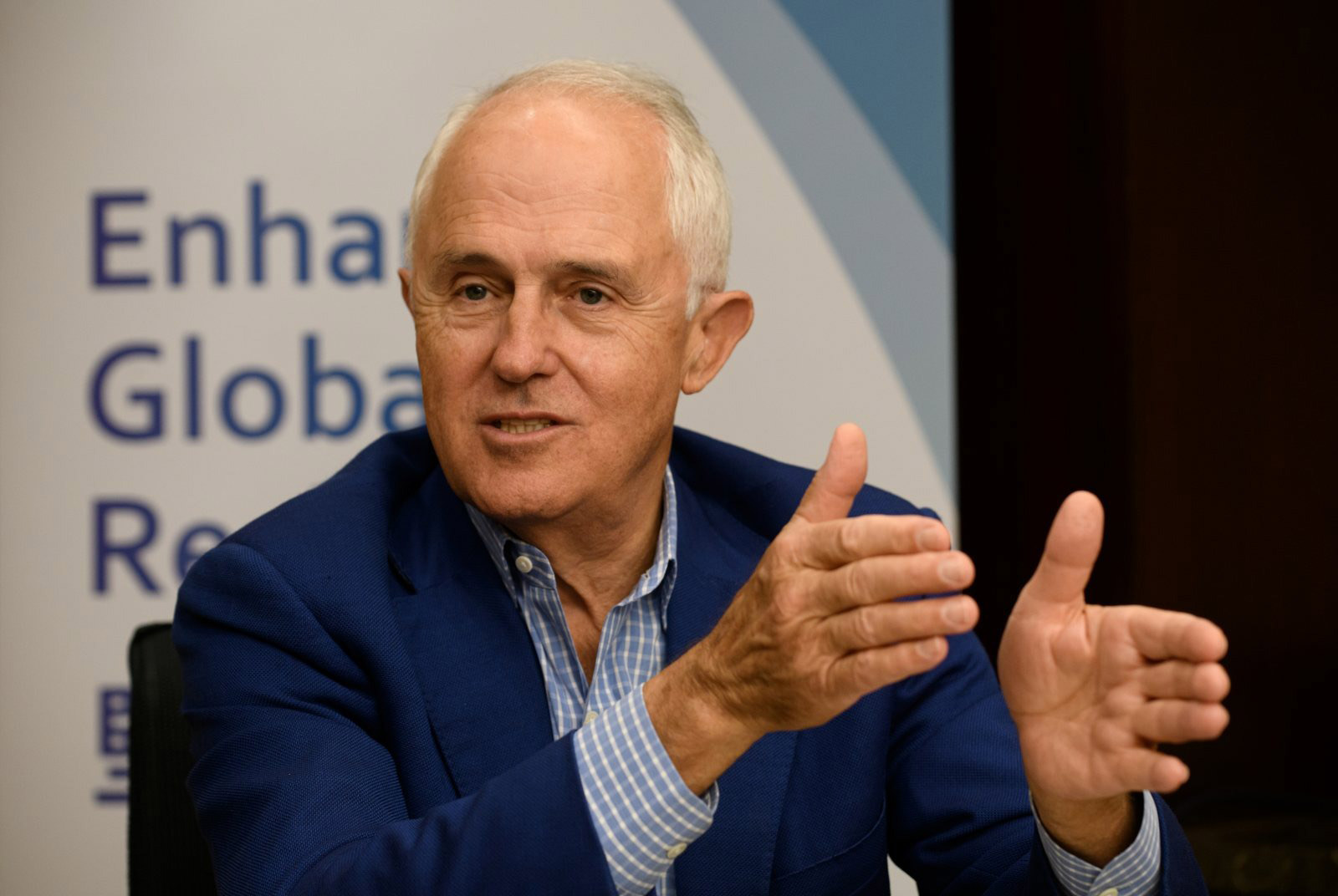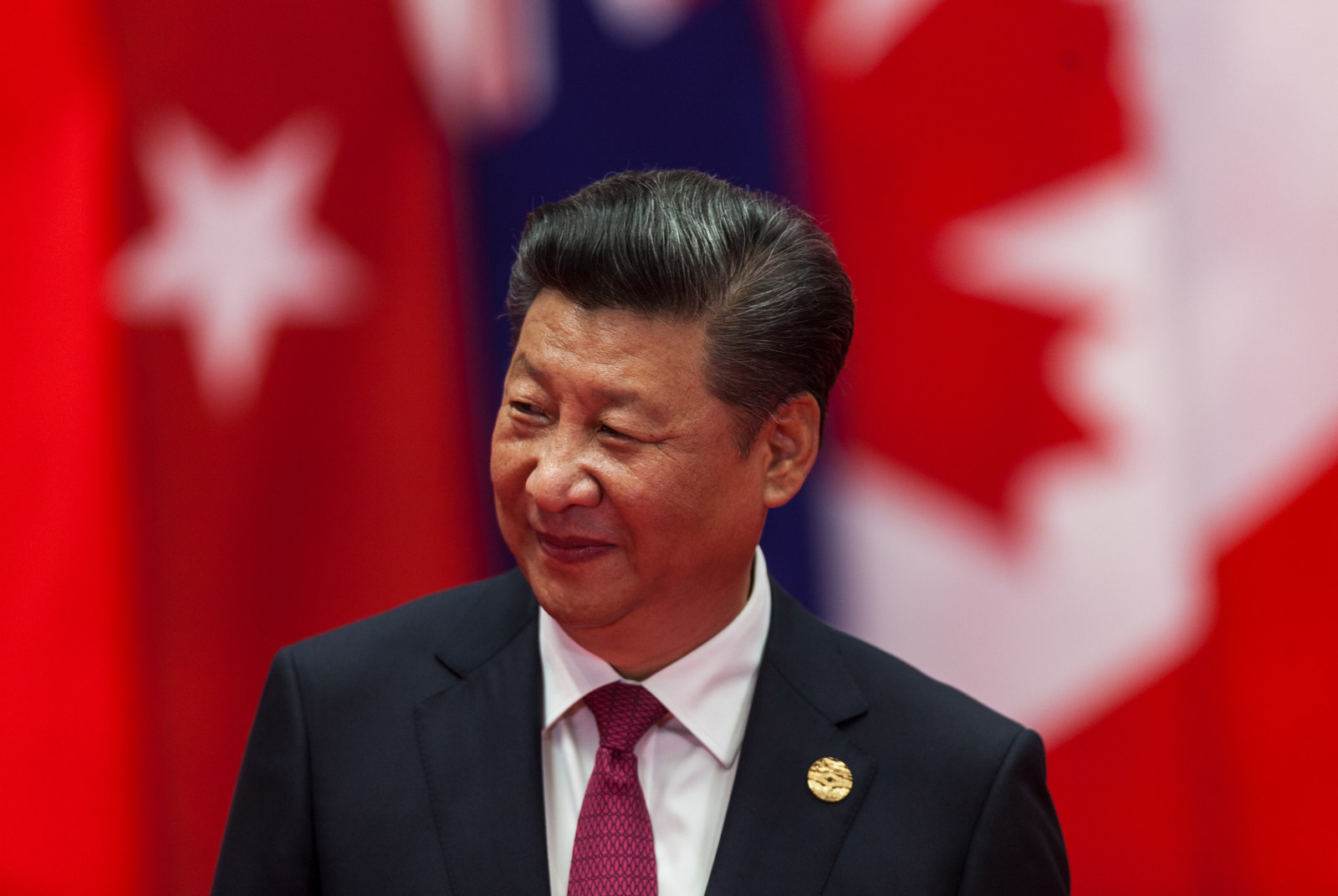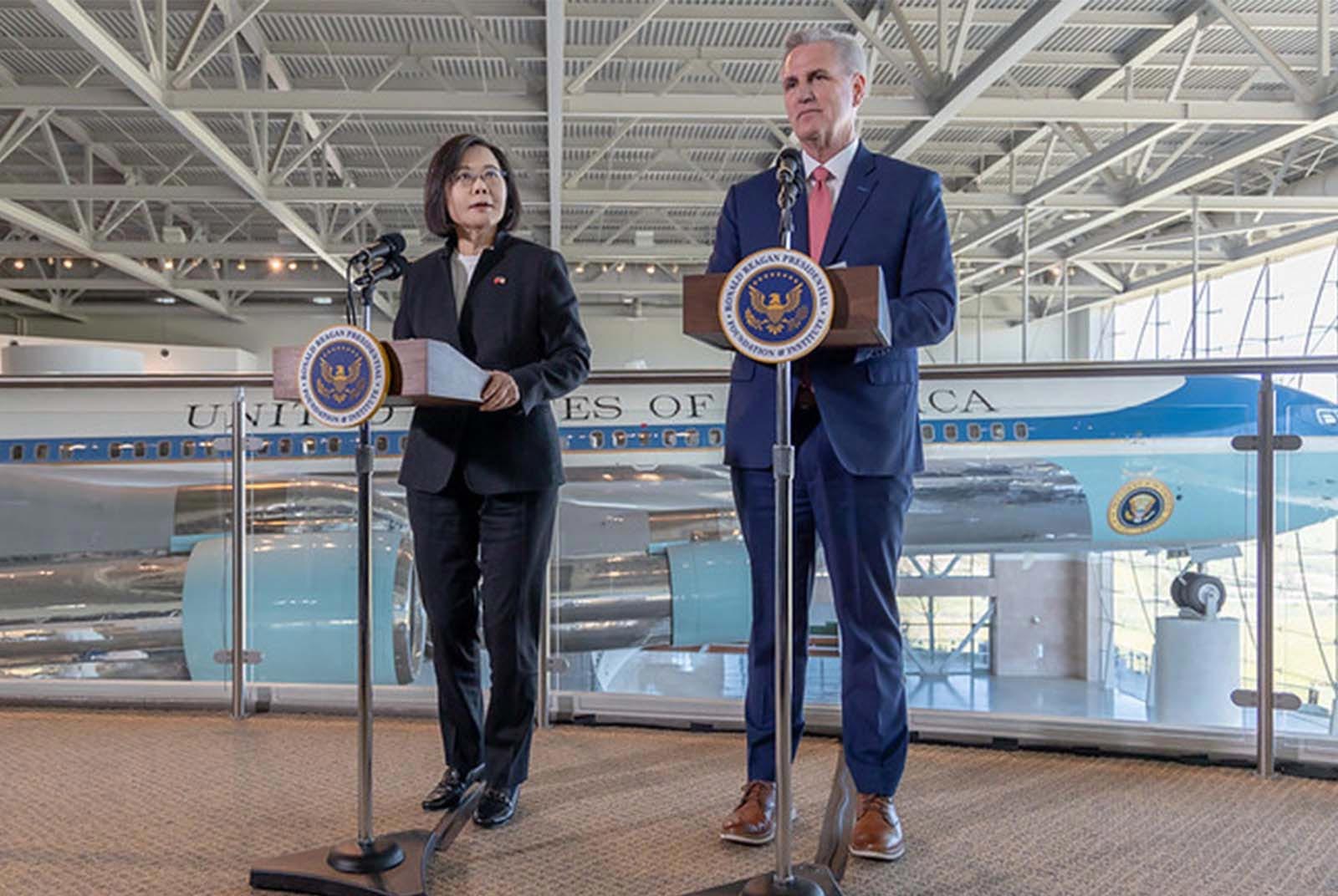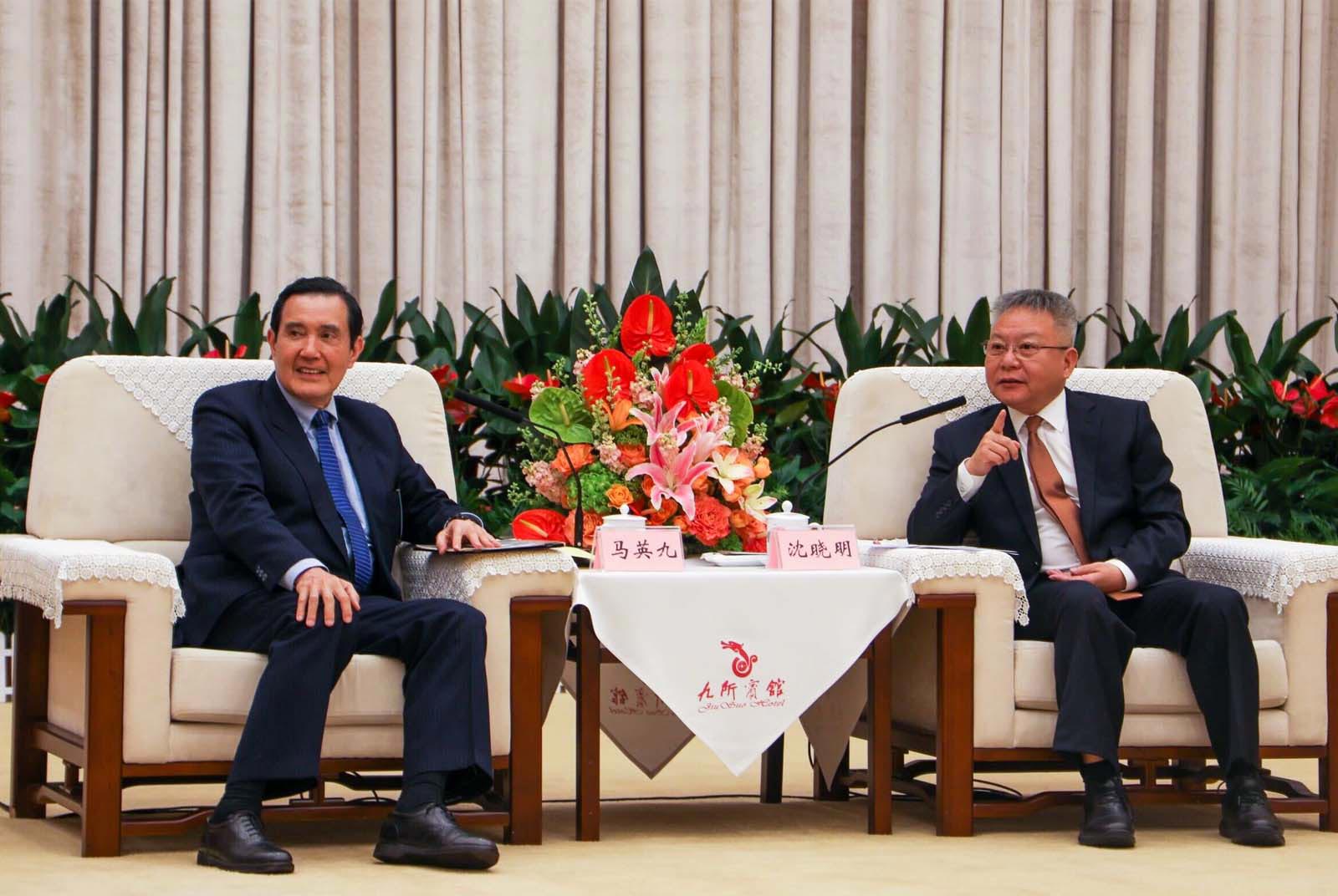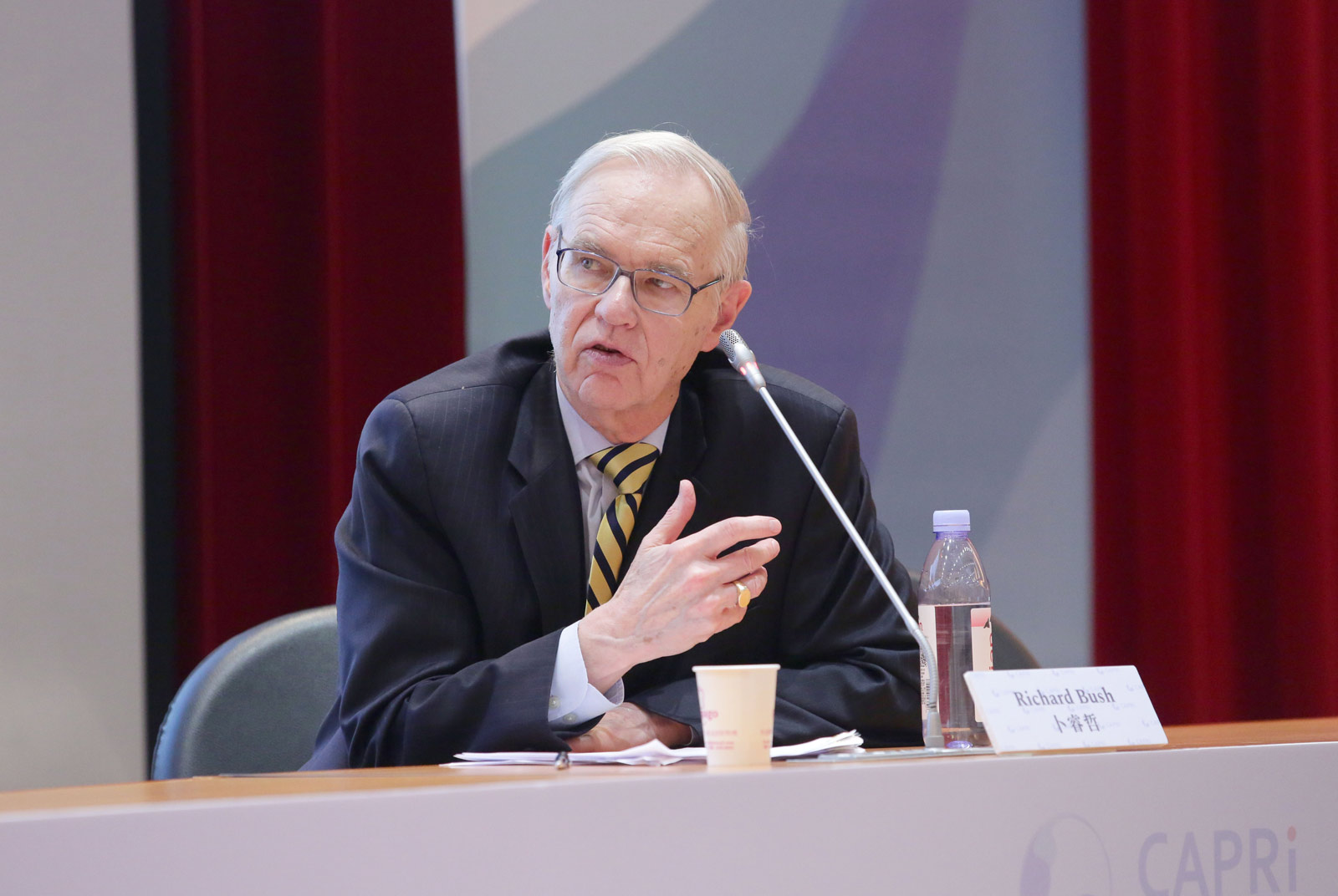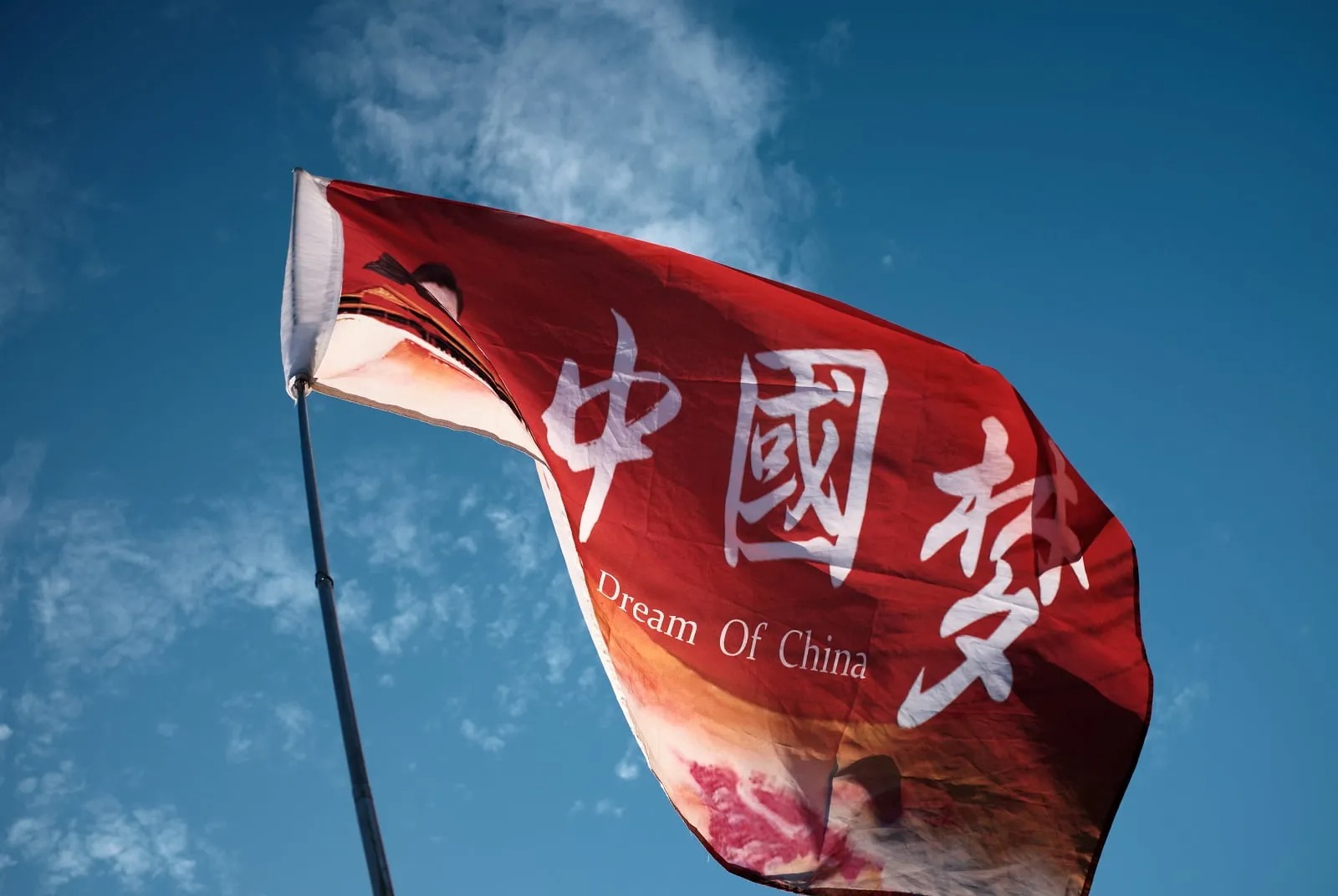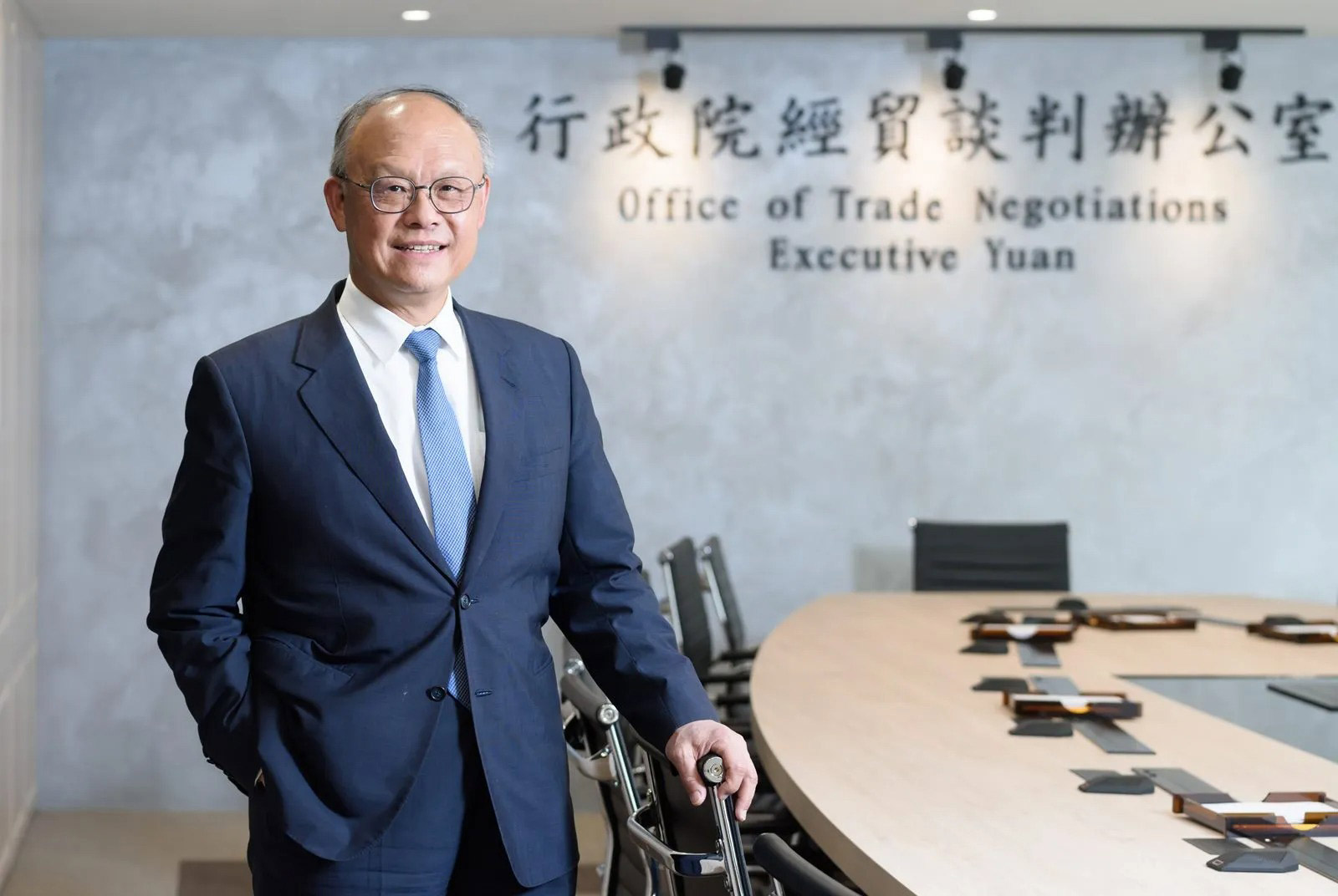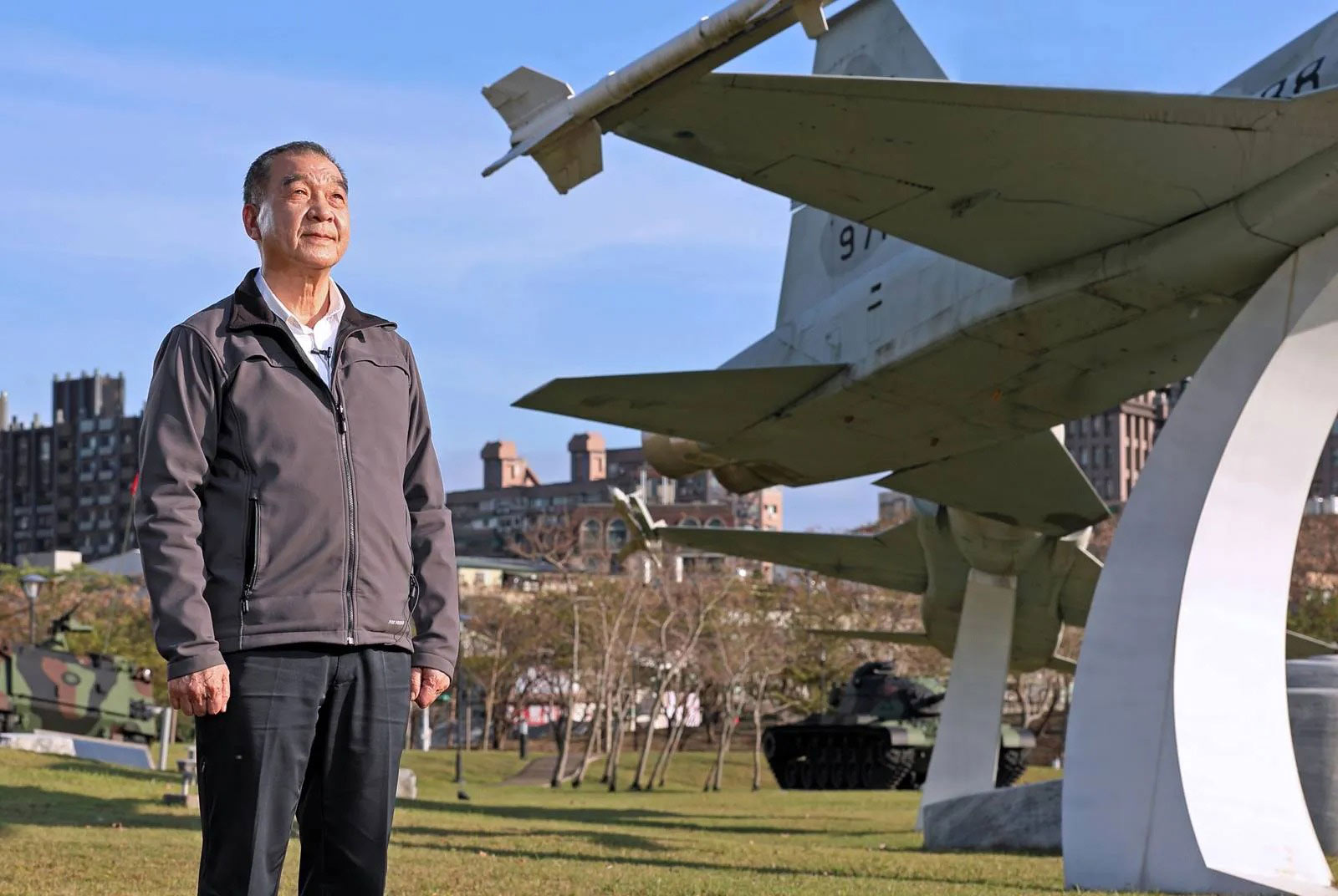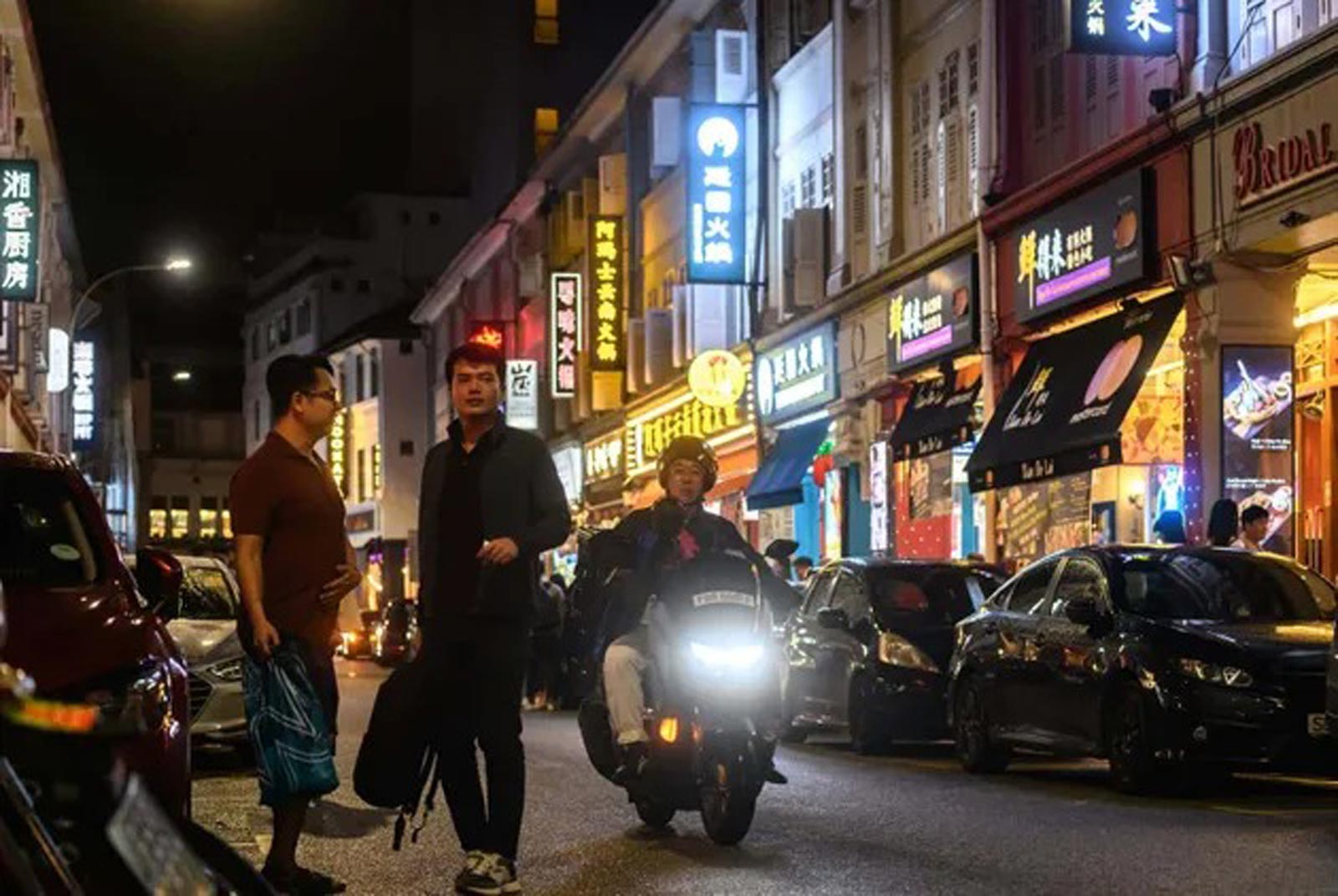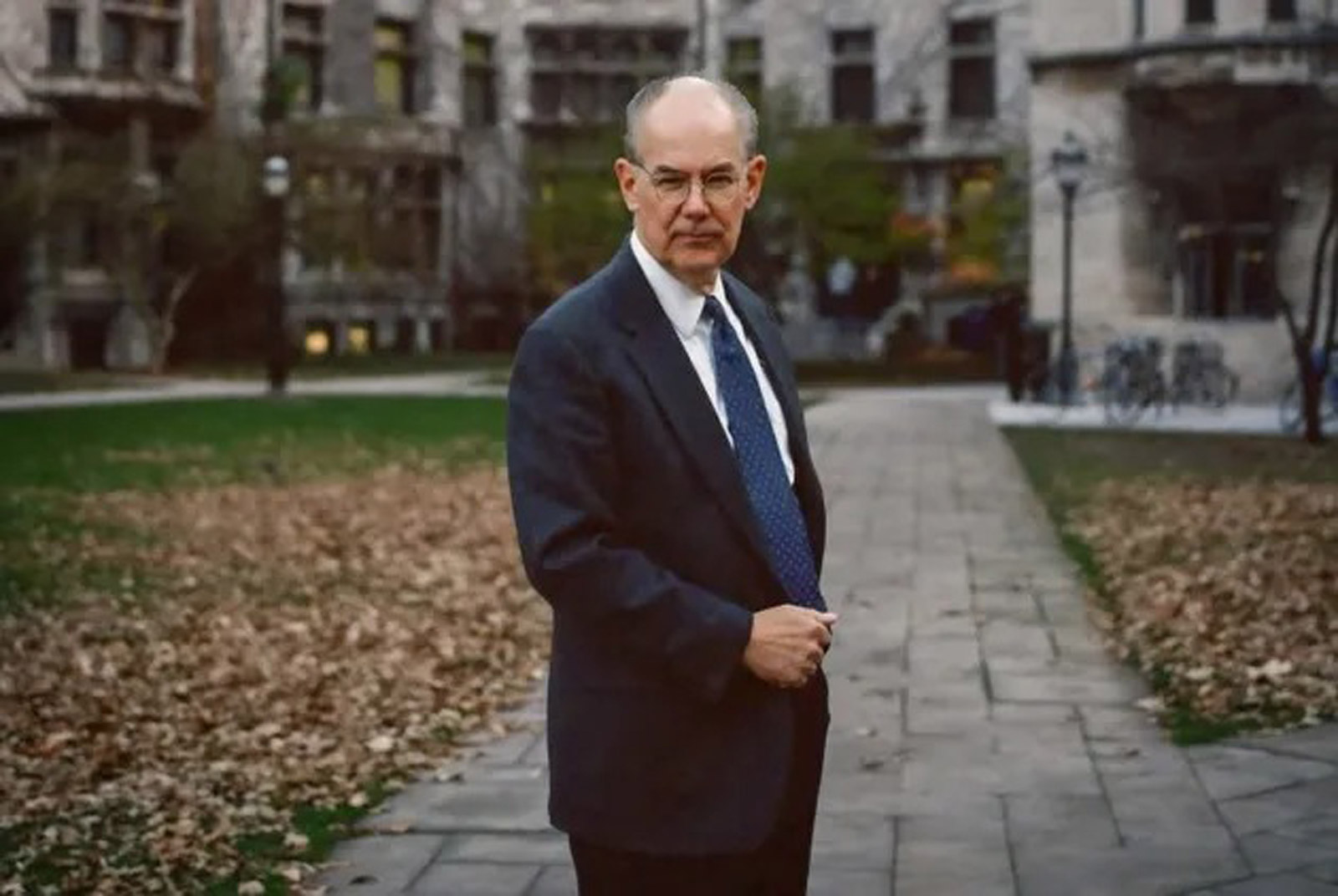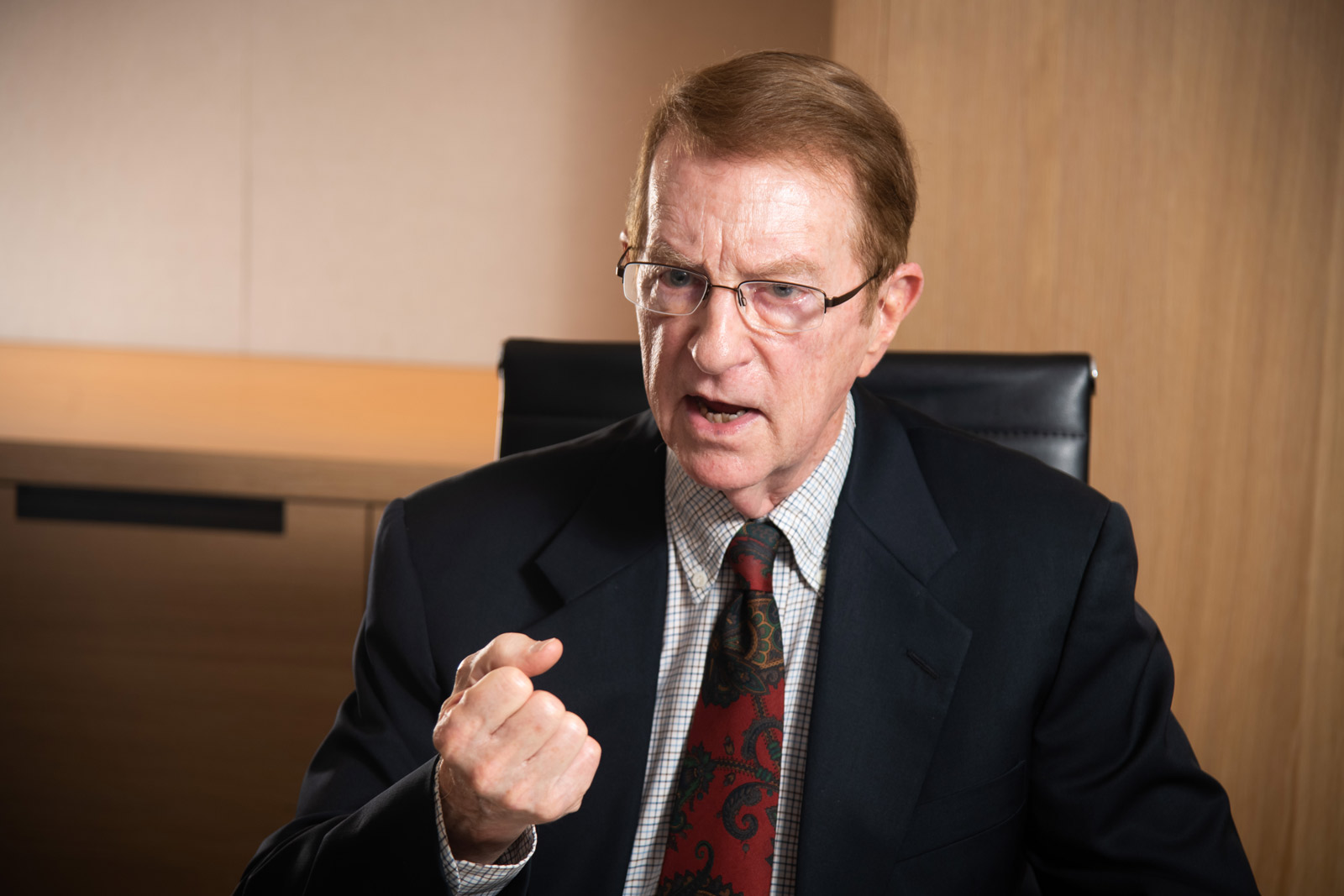The Second Ma-Xi Meeting: Paving the Way for Beijing to Focus on the Economy
The wining and dining of Taiwan's former president Ma Ying-jeou was a chance for Beijing to flex its diplomatic muscles and relieve some cross-strait tension. At the end of the day, Xi Jinping knows he has a more pressing task: the rejuvenation of China's flagging economy.
Ma-Xi Meeting 9 Years Later: Xi's Final Goodwill?
In their second meeting, China President Xi Jinping and former Taiwan President Ma Ying-jeou not only emphasized the "1992 Consensus", but also stressed the identity of the "Chinese nation". Beijing expressed goodwill by reiterating its bottom line to the Lai Ching-te government before inauguration: cross-strait affairs are not to be interfered with by external forces.
Why China's Taiwan Policy has yielded limited results
Ever since the Sunflower Movement, Beijing has made winning favor from Taiwanese youths whose identities are in flux a priority, attempting to attract them across the strait for “integration and development.” However, a decade of observation shows only limited effectiveness of this approach.
How can China maintain 5% GDP growth with 'new productive forces'?
Chinese Premier Li Qiang announced in his report at the National People's Congress that the goal set for China's GDP growth in 2024 will be an ambitious 5%. In the face of China's homegrown housing crisis and its tensions with the U.S., how will China achieve its target?
Are imports bad? America’s Turn to Mercantilism
The U.S. political circles are not only hostile to China, but are essentially hostile to imports. Both parties embrace the mercantilist thinking of "exporting is good and importing is bad." How will this harm global economy and trade?
Following Kinmen patrol fatalities, will China keep challenging the Taiwan Strait median line?
The Chinese Marine Police's vow to 'normalize enforcement' follows a recent incident of a Chinese fishing boat trespassing into Taiwan's territorial waters. Despite escalating tensions, the Taiwan Affairs Office has convened in Taiwan for the first time since the epidemic, indicating significant engagement. Nevertheless, signs point to China downplaying the incident's significance. Why the lack of urgency?
China's annual Two Sessions: How will they impact Taiwan?
The annual gathering known as the "Two Sessions" in China is set to convene in early March. Besides outlining the year's economic growth targets, will there be policies to stimulate the stock market? With Taiwan's elections concluded, will Beijing signal new directions in its Taiwan policy?
Can economic sanctions deter China's military actions against Taiwan?
Economic sanctions are one of the means of mitigating international conflicts without the need for violence, but they have had limited effect in the Ukraine-Russia war. Unlike the past experience, China and Russia are less afraid of economic sanctions, why? We asked Cornell University’s Nicholas Mulder.
Is Foxconn the canary in the coal mine?
Working closely with local party organizations has laid the foundation for Foxconn's growth. But when China's largest private employer is also being suppressed, how should this signal be interpreted? What's next for other Taiwanese companies?
What can we learn from Taiwan's first civilian-led war game?
The results are in from Taiwan's first war game initiated by retired high-ranking military officers. What does it tell us about Taiwan's readiness for war?
What Message Is China Sending with Foxconn's Audit?
China has launched a large-scale tax audit of Foxconn’s operations around the country. What message is it sending to independent presidential candidate and Foxconn founder Terry Gou, and could the situation escalate?
Fully committed to emerging markets, MEAN WELL achieves rapid growth in India
A car races along an access road for Kempegowda International Airport, through an area that not long ago was nothing but barren land. Now however, it's home to industry giants like Amazon, Boeing, and Foxconn. MEAN WELL, a global leader in standard power supplies, has set up its first production line in this newly prosperous and exciting "Silicon Valley of India." The company aims to establish a strong presence in the domestic market of South Asia's new global powerhouse.
Influx of Chinese capital and expatriates transforms Bangkok streets
As the West leans away from China, supply chain shifts have largely benefited nations in Southeast Asia, with Vietnam leading the pack followed by Thailand. CommonWealth Magazine’s recent visit to Bangkok revealed this balance in conversations with four generations of Thai-Chinese citizens.
Five years on, ASEAN a winner in U.S.-China trade war
ASEAN has emerged as a significant winner in the reshaping of the global geopolitical environment since the U.S.-China trade war erupted five years ago. It has adeptly played the big powers off against each other and benefited from restructured supply chains.
The Truth Behind Vietnam’s Friendshoring
As Vietnam emerges as an investment hotspot, driven by the friendshoring trend, what challenges do Taiwanese businesses encounter in frontline supply chain transitions? Additionally, what are the aspirations and obstacles facing the Vietnamese people?
Having lost Hong Kong, Chinese reunite in Tokyo
The Chinese lost the space for thinking in Hong Kong, but found a new world in Tokyo. Why does this happen in Japan rather than in the United States?
Cross-strait status quo a “ticking time-bomb” - former Singaporean Foreign Secretary
Former Singaporean Foreign Secretary George Yong-Boon Yeo proposed a Chinese Commonwealth at the Asia-Pacific Forward Forum. It allows regular interactions between the PRC and Taiwan but faces doubts and obstacles due to controversial history and differing perspectives.
Enlivening its European presence, MEAN WELL brings dragon boat racing to the Netherlands
On June 25th of this year, if you stood on the shores of De Poel Lake south of Amsterdam, you might have felt you'd been transported to Taiwan. Still, early in the morning, the usually tranquil forest park was already bustling, notably with the presence of numerous Asian families. People from diverse regions eagerly awaited the annual Dragon Boat Festival races, conversing in Mandarin Chinese and Taiwanese.
Autocracy a major blow to Chinese technology: Yasheng Huang
Chinese economy expert Yasheng Huang has developed a database tracking the history of scientific development in China. In this interview with CommonWealth, Huang explains what this research can tell us about the future of Chinese technology.
“Xiplomacy” in the Shadows
Chinese diplomacy has suffered many setbacks out in the open and around the negotiating table in recent months. But it could be flourishing in the margins, where a complex array of offices and institutions are working to push party-state agendas in ways that often go unseen.
Singapore deputy PM: Extreme de-risking could leave Taiwan and Singapore worse off
The fourth-generation leader of Singapore, Lawrence Wong, who made significant contributions during the pandemic, granted an exclusive interview to CommonWealth Magazine. From the international spotlight on Sino-U.S. relations and ASEAN cooperation to domestic policies such as imposing taxes on the wealthy and addressing housing issues, where is this "ordinary leader" steering Singapore?
Besides Qin Gang, another Xi confidante has also been missing
Before Qin Gang, the PRC Foreign Minister, was replaced on July 25th, he had been missing for a month. Why did this close ally of Xi Jinping suddenly go missing, and how could disappearances like this impact Beijing’s foreign policy?
China's "Japanization": Is 30 years of decline to come?
China's economic performance in the first half of the year fell far short of expectations, not only failing to achieve post-pandemic recovery but also not reaching its worst moment yet. This highlights long-standing concerns from the outside world: Is China replicating Japan's 30 years of decline?
Malcolm Turnbull: Taiwan’s CPTPP membership hinges on China
Australia is the most ironclad ally of the US in the Asia-Pacific region in the face of the Sino-American standoff. The former Prime Minister of Australia, Malcolm Turnbull, was the political leader who convinced Japan to pursue the CPTPP after the US withdrew from the TPP process. He visited Taiwan for the first time in May spoke with CommonWealth Magazine on the prospect of Taiwan and China joining CPTPP.
Speak Plainly, Mr. Chairman Xi
China's rhetoric on global peace raises concerns about its intentions and ability to address conflicts effectively. The opaque and self-glorifying language of the Chinese Communist Party's discourse complicates international understanding and invites misinterpretation. As China seeks greater global influence, questions arise about the clarity of its intentions. An opinion piece by David Bandurski.
After the Tsai-McCarthy meeting on 'tour of restraint': Three changes to US-Taiwan relations
President Tsai Ing-wen became the first Taiwanese leader to meet with a U.S. Speaker of the House on American soil. Following her return from her 10-day itinerary, Beijing announced small-scale military exercises. What kind of new situation do these changes herald?
Ma Ying-jeou’s China visit opened a Pandora’s Box
Former President Ma Ying-jeou’s visit to China triggered massive domestic debate in Taiwan, prompting supporters of the ruling Democratic Progressive Party (DPP) and the main opposition Kuomintang (KMT) to harden their stances toward China. The stalemate between the governments on both sides of the Taiwan Straits as well as between the green and blue camps in Taiwan is hard to break given Taiwan’s political reality.
Richard Bush: US and Taiwan must work together to deter China
Richard Bush: former Chairman of the American Institute in Taiwan, on the difficult choices facing Taiwan
A model opera at Lujiang middle school
Viral footage of a confrontation between a professor and a student reveals how individuals’ voices are erased and replaced with that of the Party, and how the collective voice of a billion people can still ring so hollow on the global stage.
The true significance of Taiwan's first official trade agreement with the US
Taipei and Washington are expected to soon sign the already agreed- upon items of the U.S. – Taiwan Initiative on 21st Century Trade. Since the agreement will not easily yield direct economic benefits for Taiwan, it remains to be seen whether Taiwan can capitalize on the introduction of “U.S. rules” to secure similar pacts with other trade partners.
Taiwan Defense Minister: China won't take Taiwan in a fortnight
As the war on Ukraine approaches its first anniversary, "Can Taiwan defend itself? "Will there be a war?" have become the questions that Defense Minister Chiu Kuo-cheng must answer. In an exclusive interview with CommonWealth Magazine, he analyses Taiwan's national defense strategy.
Exhausted post pandemic China dreams of rural life
“Returning to the hometown to find oneself” has become a hot trend in post-pandemic China, with the southern province of Yunnan emerging as something of a promised land. Why?
China's super rich sweep up Singapore's prime real estate
Singapore’s subway stations are plastered with advertisements of Chinese businesses, and half of so-called family offices - private wealth management firms - are established by ultra-rich Chinese families. They snap up luxury cars and prime real estate. About 70 percent of the city state’s population get their news from the Chinese messaging app WeChat. How can Singapore contain Chinese influence and hold on to its own values?
John Mearsheimer: US and Taiwan bound to move closer together
The 75-year-old John Mearsheimer, an American political scientist known for his neorealist views, seems to have a change of mind about Taiwan. In an interview with CommonWealth’s Silva Shih, he stressed the increasing strategic importance of Taiwan.
Is the white paper movement a Tiananmen rerun? Minxin Pei weighs in
The largest resistance movement in China since 1989, the white paper movement, broke out recently. Professor Minxin Pei is a political scientist whose research focuses on authoritarian systems. What cracks does he see developing in China’s stability-maintenance machine, and what gaps are opening up in Xi Jinping’s governance?
“Stronger than ever”: Robert Parker on the US-Taiwan relationship
Robert Parker, former president of AmCham Taiwan, on his role in the creation of the Taiwan Relations Act, and why he feels the US-Taiwan relationship is “stronger than ever.”












